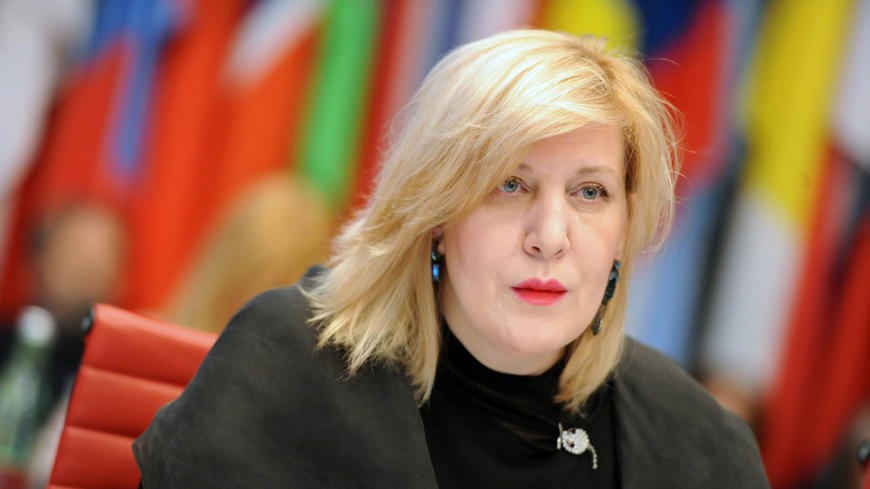The United Kingdom and France should ensure that the human rights of refugees, asylum seekers and migrants take centre stage in their actions to deal with crossings of the Channel, said the Council of Europe Commissioner for Human Rights, Dunja Mijatović, in letters addressed to the UK Home Secretary Priti Patel and French Minister of Interior Gérald Darmanin, published today.
The letters follow the tragic incident of 24 November, in which at least 27 women, men and children drowned while attempting to cross the Channel. The initial reactions have focused heavily on further repressive measures, while the underlying issues of the lack of safe and legal routes and other human rights aspects of this situation have largely been ignored, said the Commissioner.
She noted, in particular, that there is currently no framework for persons staying in France to apply for asylum or for a right to stay on other grounds in the UK, which would allow them to avoid dangerous, irregular sea crossings. She also highlighted that the increasingly exclusive focus on security by the UK and France is exacerbating the situation by redirecting people towards the most dangerous routes.
In the letters, the Commissioner sets out several common starting points for co-operation that should ensure the protection of lives and human rights, such as access to asylum and fair processing of asylum claims, also for those moving across borders irregularly; effective coordination of rescue at sea; upholding safeguards in case of return; and ensuring the humane and dignified treatment of all, regardless of migration status. These follow on from the standards that the UK and France, which are both parties to the European Convention on Human Rights, the Refugee Convention, and other international instruments, have committed to upholding.
Furthermore, the Commissioner called on both countries to address the current situation in full compliance with international standards and to refrain from unduly politicising the situation, in order to prevent further tragedies, and to set a good example in Europe of how such issues can be dealt with effectively and humanely.



